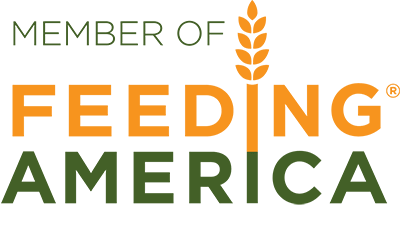Food Donor Protection Acts
TEXAS LAW – THE GOOD FAITH DONOR ACT
On June 10, 1981 the Texas State Legislature passed legislation, commonly referred to as the Good Faith Donor Act to address liability for damages resulting from the condition of donated items. The state law reads as follows:
A person who donates apparently wholesome food to a nonprofit organization for distribution to the needy is not subject to civil or criminal liability that arises from the condition of the food, unless an injury or death results from an act or omission of the person thatconstitutes gross negligence, recklessness, or intentional misconduct.
A nonprofit organization that distributes apparently wholesome foodto the needy at no charge and that substantially complies with theapplicable local, county, state and federal laws and rules regardingthe storage and handling of food for distribution to the public is not subject to civil or criminal liability that arises from the condition ofthe food, unless an injury or death results from an act or omission of the organization that constitutes gross negligence, recklessness, or intentional misconduct.
FEDERAL LAW – THE EMERSON GOOD SAMARITAN FOOD ACT
On October 1, 1996 the Emerson Good Samaritan Food Donation Act (Emerson Act) was enacted. The Emerson Act is a federal law that provides national standards regarding food donations so that donors have consistent liability information for interstate donations. The law addresses the liability concerns of donors who contribute food in good faith and states the following: To encourage the donation of food and grocery products to nonprofit organizations for distribution to needy individuals by giving the Model Good Samaritan Food Donation Act the full force and effect of law.
A person or gleaner shall not be subject to civil or criminal liability arising from the nature, age, packaging, or condition of apparently wholesome food or an apparently fit grocery product that the person or gleaner donates in good faith to a nonprofit organization for ultimate distribution to needy individuals, except that this paragraph shall not apply to an injury to or death of an ultimate user or recipient of the food or grocery product that results from an act or omission of the donor constituting gross negligence or intentional misconduct.The term “apparently wholesome food” means food that meets all quality and labeling standards imposed by Federal, State, and local laws and regulations even though the food may not be readily marketable due to appearance, age, freshness, grade, size, surplus, or other conditions.
